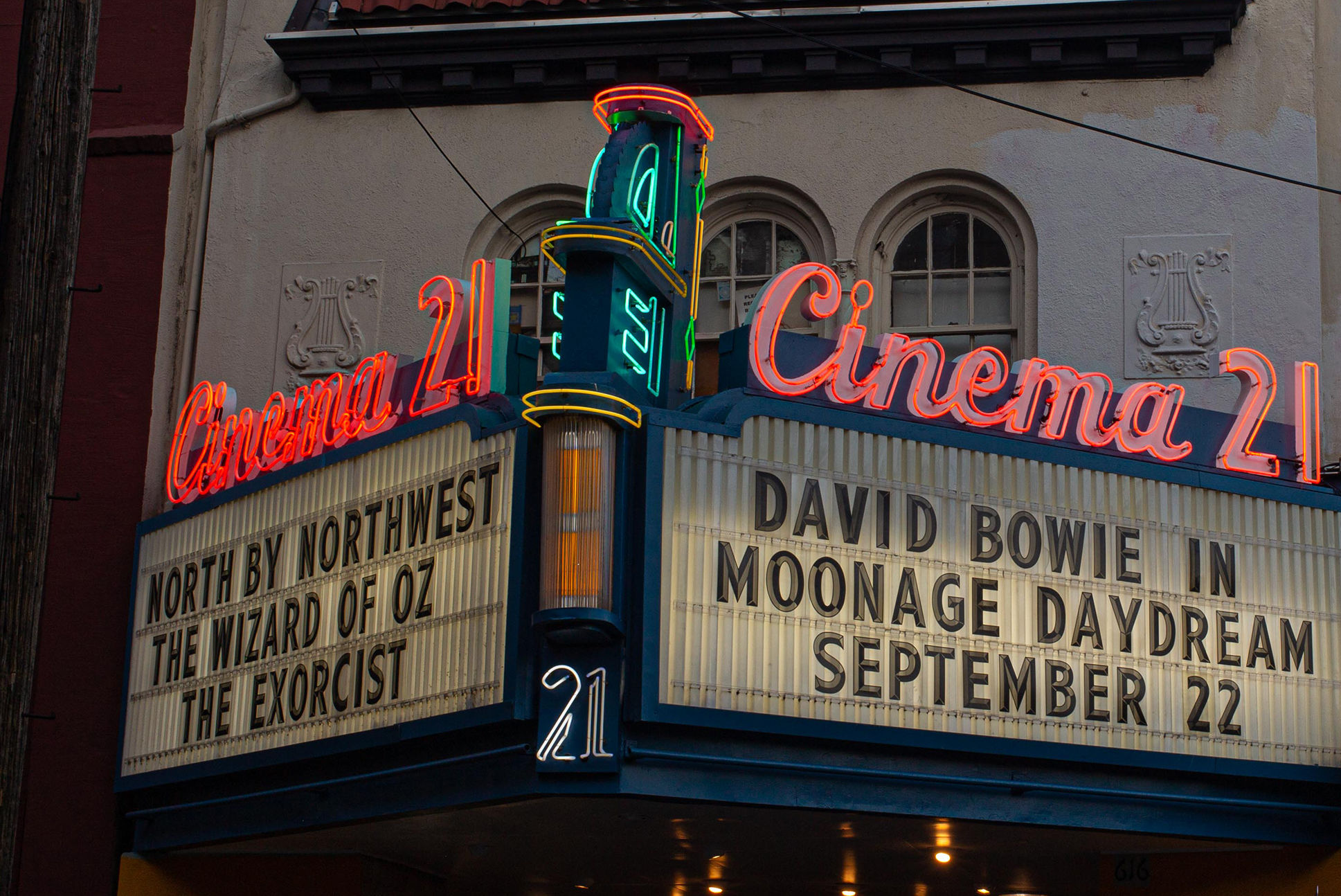Blind Pilot’s And Then Like Lions and the Nature of Grief

Image: Eric Ryan Anderson
From the almost-spoken opening lyrics of “Umpqua Rushing,” the lead track from Blind Pilot’s And Then Like Lions, the album ignites a slow, crackling burn. Things remain pretty quiet for more than a minute, until lead singer Israel Nebeker delivers one of his signature, warmly infectious choruses. Any listener with a pulse will be humming by the time the music quiets.
It's an auspicious start to an album five years in the making. The follow-up to 2011’s refreshingly clean We Are the Tide, And Then Like Lions, released in August, feels a little more weathered. Something in Nebeker’s voice will always sound like an old friend—smooth and ambling, never rushed, never strained. And as the Astoria native’s lyrics wistfully tromp through the forests and rivers of Oregon, surrounded by a gentle, layered churn of strings, piano, and horns, it’s an especially familiar album for anyone who lives in or loves the Pacific Northwest. Or, for anyone who has experienced loss.
Deeply personal and often bleak reflections weave their way through And then Like Lions, and it’s easy to understand why—the album is, in many ways, Nebeker’s meditation on the loss of his father (artist Royal Nebeker) to cancer in 2014, and the end of his own 13-year relationship. In his words: “I think of this album as a conversation about different kinds of loss and the courage we find when we face loss honestly, cracked open and unsure of what we will become, which is the only real way to face it.”
A deeper listen reveals those stories and conversations Nebeker refers to. “Like Lions,” the album’s final song, tells the story of Nebeker’s nephews standing up to bullies, referencing the lion flag on the album’s cover, which his father painted. “Seeing Is Believing” was written for his father when he was in the dark days of his illness. And “It Was Enough,” a delicate ballad, is a heartbreaking meditation on the end of a relationship: “If your light is shining in another’s arms / I can’t say it isn’t true.”
At last week’s sold-out show at the Crystal Ballroom, the sweet, subdued nostalgia of Blind Pilot was on full display. The band, having grown to a full six members from its original two, was unassumingly precise. Nebeker’s vocals were a marvel of tone and restraint. And the audience was hypnotized, following Blind Pilot through spells of grief and surges of joy, smiling, swaying, and singing along the whole way.




